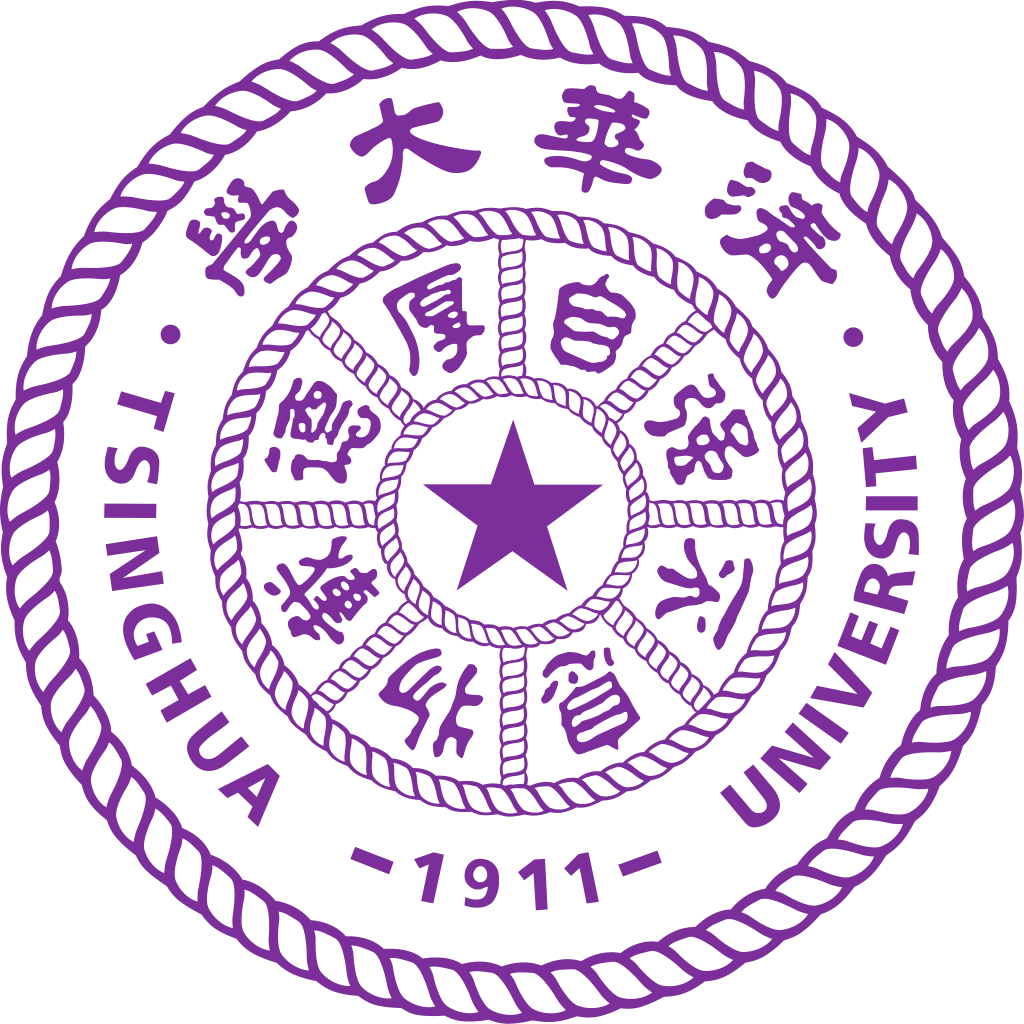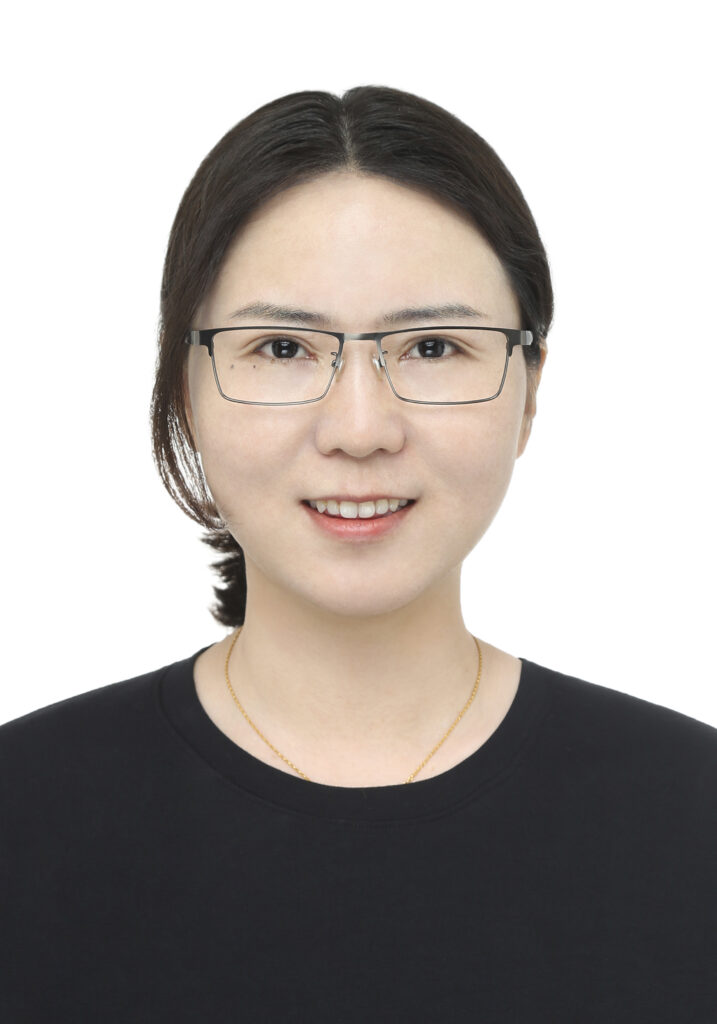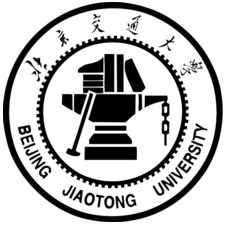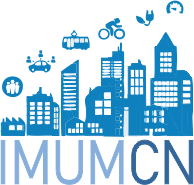China
About IMUMCN
About IMUMCN in brief
Modern cities face severe traffic congestion and emissions, compounded by technological advancements and changing work habits. This project aims to understand and address these challenges by studying the impacts on citizens’ location choices and travel patterns. Using real-life experiments and advanced urban transport modelling, it explores integrated Mobility as a Service (MaaS) solutions and market-based personal carbon trading to develop efficient, equitable, and zero-emission urban traffic systems. The goal is to achieve accessible, climate-neutral, and sustainable cities in China and the EU by integrating multiple transport modes.
About IMUMCN in China

Beijing Jiaotong University (BJTU)
The Chinese staff from BJTU manages the project alongside RUG, leading in the fields of urban transportation management, transportation modelling and policy analysis, management theory and game theory. They are responsible for WP1 on urban traffic and city structure with changing work habits.

Tsinghua University (TU)
The Chinese staff from TU leads in the fields of climate change science, emissions accounting and estimation, and emission datasets. They are responsible for WP3 in developing a near real-time emission accounting framework for resident transport.

Beijing Transport Institute (BTI)
The Chinese staff from BTI leads in the same fields as BJTU. They are responsible for WP4 in developing a multi-mode urban traffic system considering new transport services and working habits.
Research Objectives / Research Questions
- How to adapt to societal changes?
- Understand residents’ work time and location choices, as well as related travel behaviour considering changing work habits in the Chinese and European context.
- How to make use of new urban transport technologies?
- Investigate the efficiency and equity of new transport services and their roles in residents’ work time and location choices.
- How do traffic emissions change?
- Develop a near real-time emissions accounting framework for resident transport, and estimate traffic emissions related to changing work habits and new transport services.
- How to provide personal Mobility as a Service (MaaS) solutions?
- Develop and test a Mobility as a Service (MaaS)-based personal carbon trading system for urban mobility to reduce traffic congestion and emissions.
- How to achieve an efficient and sustainable multi-mode urban traffic system?
- Design an efficient and climate-neutral multi-mode urban traffic system considering new transport services and work habits.
About the local team
Beijing Jiaotong University (BJTU)

Yue Bao
Yue Bao is an assistant of Professor Gao Ziyou, the chief professor of the “Double First-Class” discipline of system science. Yue is a recruit of master’s students in system science, traffic regulations, and transportation, and doctoral students in system science. In recent years, Yue presided over or participated in many National Natural Science Foundation projects, the Netherlands National Scientific Research Organization (NWO) SURF projects, and the basic scientific research business expenses projects of central universities as the main research backbone. Yue has expertise in system science, transportation (professional degree), comprehensive transportation system analysis and integration, transportation planning and management and big data and intelligent systems.

…
…
Tsinghua University (TU)

Dabo Guan
Dabo Guan is a Senior Member of St Edmund’s College, Cambridge. He was conferred as a Fellow of the Academy of Social Science in the UK and is a Distinguished Professor at Tsinghua University, China. Dabo worked as a Research Associate at Judge Business School, and followed by a Senior Research Associate position at the Department of Land Economy, University of Cambridge. Dabo has expertise in ecological economics theories, methodology and applications; international climate change mitigation; international trade and environmental implications; water resources accounting and management, environmental input-output analysis; disaster footprints analysis; and sustainability indicators developments and applications.

…
…
Beijing Transport Institute (BTI)

Yuyang Zhou
Yuyang Zhou is an Associate Professor and Deputy Director of the Department of Transportation Engineering at Beijing University of Technology, where he has been teaching since 2011 and was appointed as a Master Supervisor in 2012. Yuyang has held visiting positions at Warwick University, Hong Kong Polytechnic University, and Rensselaer Polytechnic Institute, and has taught courses at Qinghai Nationalities University through the National “Western College Support Program.” Zhou’s expertise includes big data analysis, operations optimization, public transportation, urban freight, image processing, and pattern recognition. Yuyang has received numerous awards and served in various academic and professional roles, including membership in IEEE and the Operations Research Society of China.

